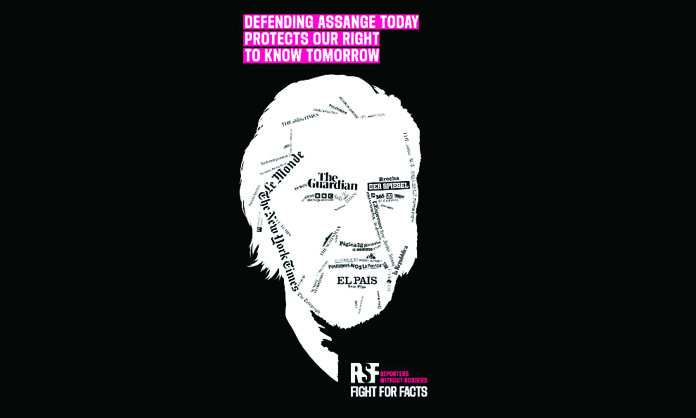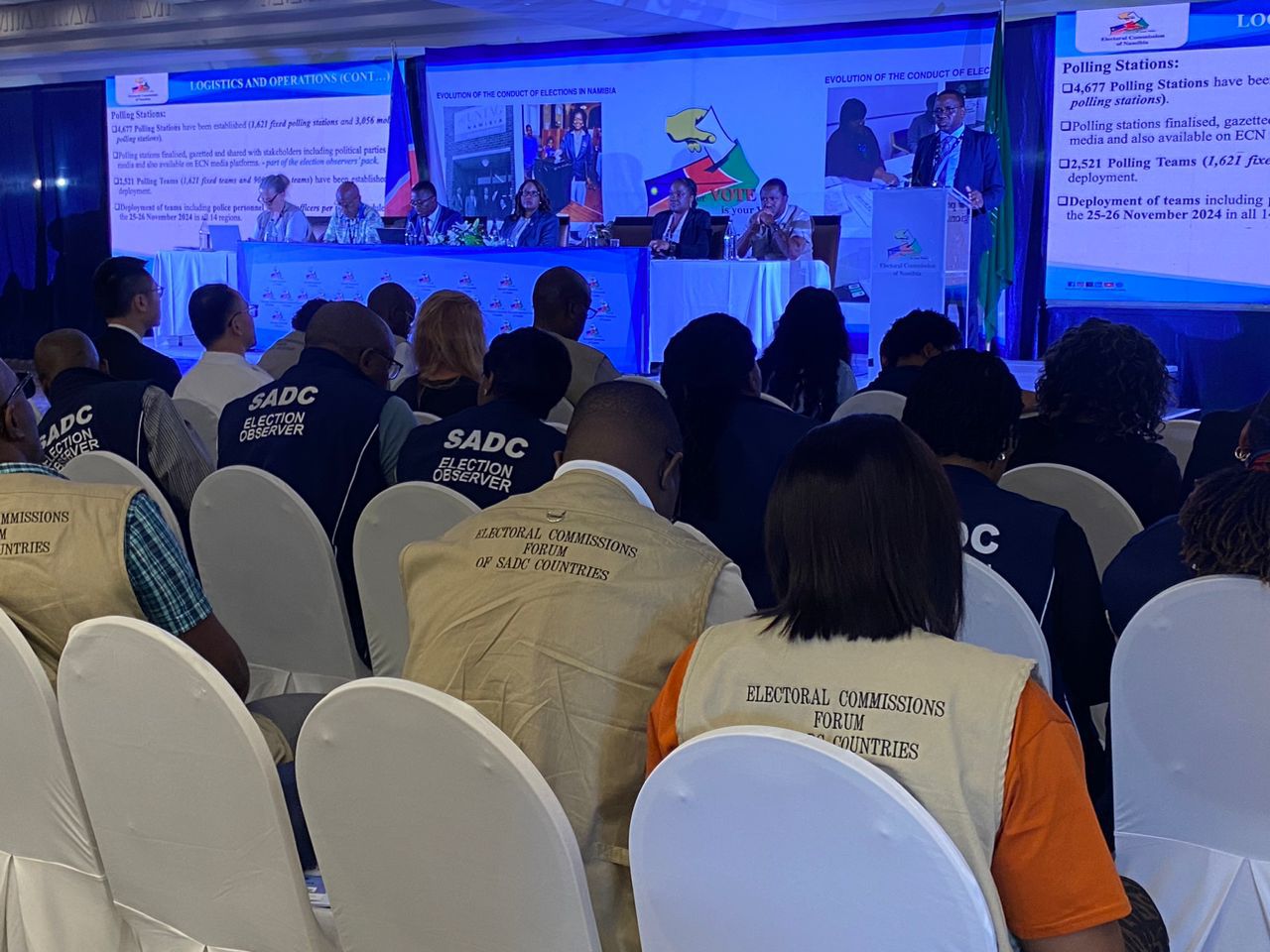Reporters Without Borders (RSF) have intensified efforts to have WikiLeaks publisher Julian Assange released through a global communications campaign.
The campaign is hinged on raising awareness through global media to expose the United States (US) government’s prosecution of Assange.
RSF director of campaigns Rebecca Vincent says the case against Assange represents an alarming threat to journalism and press freedom.
“This would set a dangerous precedent that could be applied to any journalist or media organisation publishing stories based on leaked classified information. On International Day to End Impunity for Crimes Against Journalists, we continue our campaign to #FreeAssange and protect our right to know,” says Vincent.
The campaign coincides with the commemoration of International Day to End Impunity for Crimes Against Journalists under the global theme, ‘The Violence Against Journalists, the Integrity of Elections, and the Role of Public Leadership’.
The campaign features a depiction of Assange with his facial features made up of the logos of dozens of media organisations from around the world.
“As Assange’s fate hangs in the balance, it is more crucial than ever for media organisations and journalists around the world to speak out in support of the principles at stake.
“If the US government succeeds in extraditing Assange and prosecuting him under the Espionage Act, anyone who publishes stories based on leaked classified information could be next – and the resulting impact will ultimately be on all of our right to know. It’s time for global solidarity in support of journalism and press freedom, before it’s too late,” Vincent says.
Commemorating International Day to End Impunity for Crimes against Journalists, Namibia Media Trust (NMT) director Zoé Titus says their focus is on addressing the safety of journalists, particularly women journalists, who are increasingly vulnerable to harassment and attacks in the rotational offline and online spheres.
“This recognition facilitates the fulfillment of their crucial work. Regrettably, this scenario is not reflected in reality, as we witness a troubling surge in attacks against journalists. These attacks are perpetrated by both state and non-state actors, with a particularly pronounced manifestation on social media platforms, where women journalists bear the brunt of such hostilities,” Titus says.
“We stand firm in demanding justice for all journalists, our guardians of news, who have been persecuted for merely doing their work whether offline or online.”
Namibia Media Professionals Union (Nampu) acting secretary general Jemima Beukes says the union stands in solidarity with the global community in recognising the importance of press freedom and the critical role journalists play in upholding democracy.
“In the face of a government that often touts its ‘exemplary track record’ for not imprisoning journalists, we must not overlook the disturbing rise of administrative and political violence globally, including Namibia. Journalists should never have to work in an environment where they fear threats, attacks or harassment,” she says.
Deputy information minister Emma Theofelus says the day allows for the awareness of the dangers of impunity for crimes committed against journalists and pays tribute to those journalists who have lost their lives while diligently fulfilling their duty to provide information to the public.
“Since attaining independence in 1990, Namibia has upheld an exemplary track record, with no journalists falling victim to violence or imprisonment for merely carrying out their professional responsibilities,” she says.
Stay informed with The Namibian – your source for credible journalism. Get in-depth reporting and opinions for
only N$85 a month. Invest in journalism, invest in democracy –
Subscribe Now!






